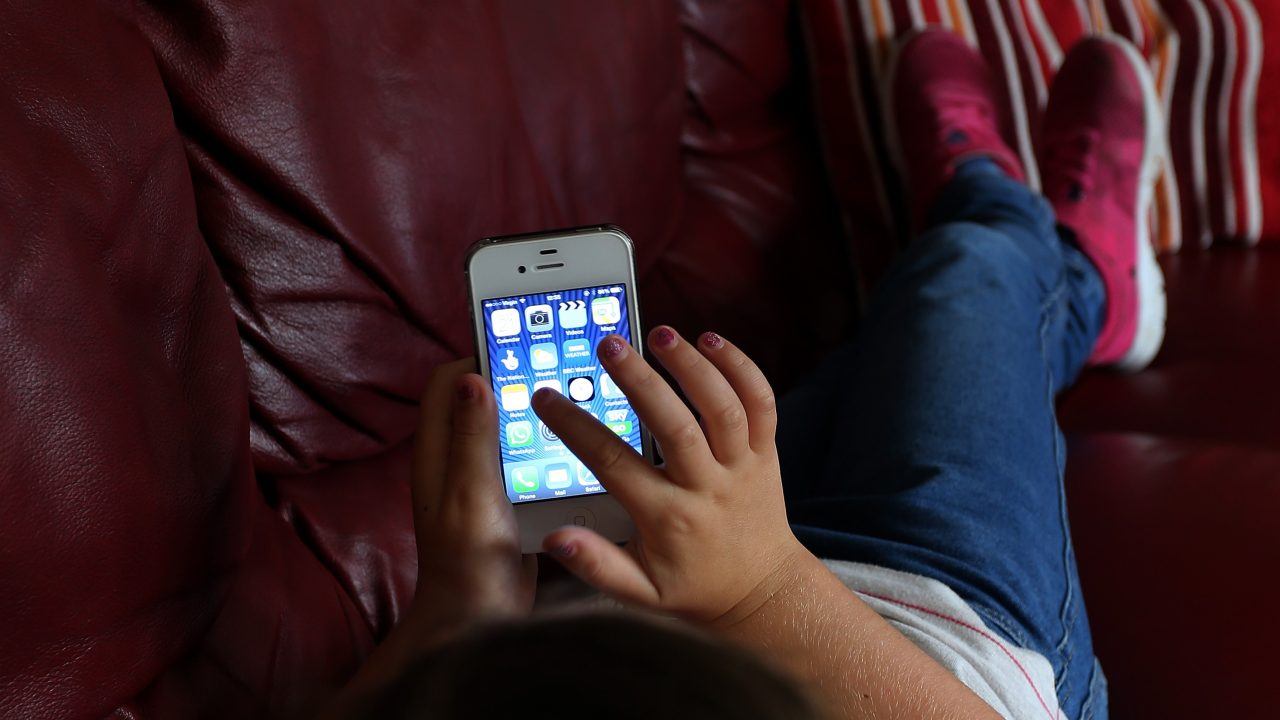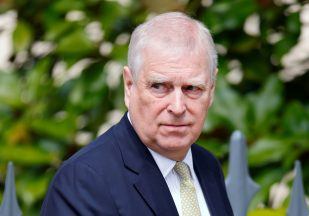Beauty influencers can be “just as toxic as Andrew Tate”, according to a consultant psychiatrist speaking at a Scottish Parliament event.
During a Festival of Politics event titled Smartphone Free Childhood?, Professor Mathew Sadlier, a consultant psychiatrist at Dublin’s Mater Hospital, said he believes attitudes towards young people’s smartphone use need “societal change”.
The event was chaired by Douglas Ross, the Conservative MSP for Highlands and Islands and convener of the Scottish Parliament’s Education, Children and Young People Committee, and encouraged discussion on the impact of smartphones on children and young people.
Prof Sadlier said he is seeing an increase in extreme eating disorders in young patients and he believes social media is partly to blame.
He said: “I would say it’s not that it’s creating new problems, but the people who have the problems who would’ve fallen into that vulnerability group are becoming more extreme.
“If you look at whatever percentage of adolescent girls will have eating difficulties, there’s similar problems with adolescent boys, but interestingly, it’s got to do with bodybuilding, overeating, steroid use.
“The videos around self-harm, there is an ecosystem about that that is very difficult to police.”
He said he believes certain influencers are as damaging as self-identified misogynist Andrew Tate, saying: “You go into that world with the beauty influencers: I think beauty influencers are just as toxic as Andrew Tate, they’re just toxic to a different population.
“The problem is one video on how to put on whatever piece of makeup is probably reasonable. But how many people watch one video?”
The Online Safety Act came into effect this year, providing a new set of laws that protect children and adults online.
The Act has given providers new duties to implement systems and processes to reduce the risk that their services are used for illegal activity, and to take down illegal content when it does appear.
Specific protections have been designed for children. Platforms are required to prevent children from accessing harmful and age-inappropriate content, and provide parents and children with clear and accessible ways to report problems online when they do arise.
Discussing changes that could be made to curb the concerns of phone use among young people, Prof Sadlier said: “Adolescence and childhood is a transitory phase, with respect to the young people in the audience, you won’t be young for very long, so it’s the next group of young people.
“Just because the current group of 12-year-olds have a mobile phone doesn’t mean the next group of 12-year-olds have to have a mobile phone.
“We’ve been here before. We’ve been here with cigarettes… I remember when seatbelts were introduced in cars and people thought ‘this is going to be the worst thing, how can I drive with a seatbelt, we’re going to have crashes everywhere because I’m being constrained’.
“It does take a societal change.
“It takes changing the paradigm for parents to go, actually you know what, a child trying to learn off a YouTube video is a child in a digital institutionalised environment where they’re learning to speak to YouTube, they’re not learning how to speak to a person.”
Andrew Tate has been approached for comment.
Follow STV News on WhatsApp
Scan the QR code on your mobile device for all the latest news from around the country


 PA Media
PA Media

























